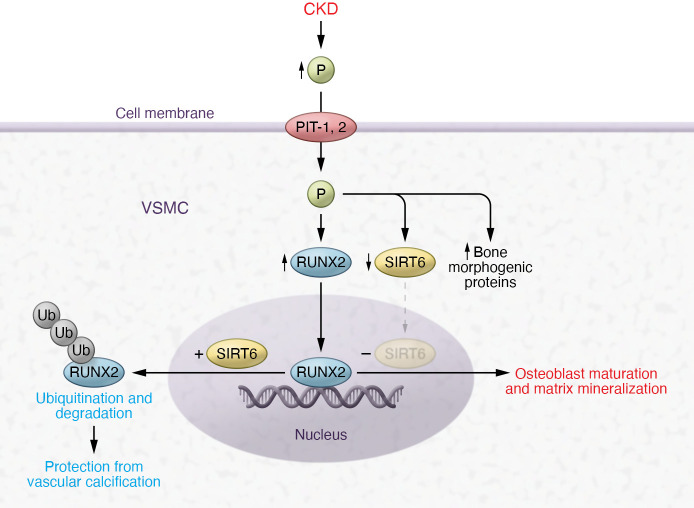Figure 1. Mechanism for osteogenic transdifferentiation of VSMCs in the pathogenesis of VC.
VSMCs uptake phosphorus via the sodium-dependent phosphate cotransporters PiT-1 and PiT-2 in response to increases in extracellular phosphorus of any cause, most commonly in patients with CKD. This uptake leads to downregulation of SIRT6 expression, upregulation of bone morphogenic genes, and an increase in the expression of the transcription factor Runx2, the master regulator of bone formation. In the absence of SIRT6, Runx2 signals osteoblast maturation and matrix mineralization. In contrast, overexpression of SIRT6 marks Runx2 protein for ubiquitination and degradation, preventing VSMC calcification. The study by Li et al. (16) showed that SIRT6 upregulation in an environment of increased extracellular phosphorus leads to SIRT6 binding and deacetylation of Runx2 protein in VSMCs, promoting its nuclear export for proteasome degradation and thus preventing its downstream signal for osteogenic transdifferentiation.

